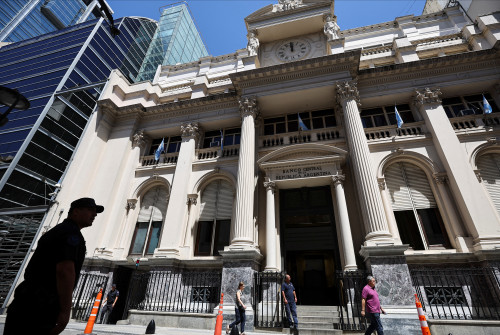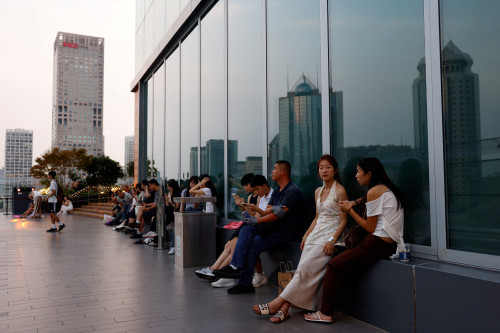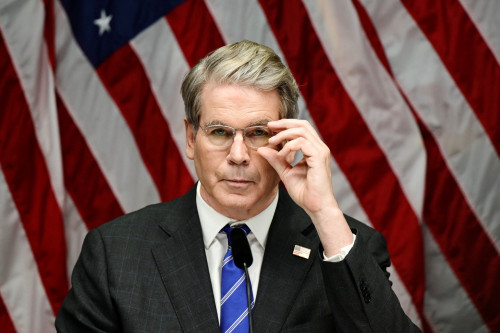By Patricia Zengerle
WASHINGTON (Reuters) -U.S. congressional leaders on Friday invited Indian Prime Minister Narendra Modi to address a joint meeting of the House of Representatives and Senate on June 22, one of the highest honors Washington affords to foreign dignitaries.
“During your address, you will have the opportunity to share your vision for India’s future and speak to the global challenges our countries both face,” House Speaker Kevin McCarthy, Senate Majority Leader Chuck Schumer, Senate Republican Leader Mitch McConnell, and House Democratic Leader Hakeem Jeffries said in a letter to Modi.
The speech would be Modi’s second to a joint meeting of the U.S. legislature, a rare honor for a leader once denied a visa to enter the United States over human rights concerns.
President Joe Biden is eager to deepen ties with the world’s largest democracy as part of his bid to win what he has framed as a contest between free and autocratic societies, especially China.
The White House announced last month that Modi was invited for an official state visit, despite advocacy groups’ concerns over what they see as a deteriorating human rights situation under his Hindu nationalist Bharatiya Janata Party.
The State Department’s annual report on human rights practices released in March listed “significant human rights issues” and abuses in India.
New Delhi has frustrated Washington by participating in military exercises with Russia and increasing purchases of the country’s crude oil, a source of funding for the war in Ukraine. Washington has been pushing New Delhi to do more to punish Russia for the Ukraine invasion.
Addresses to joint meetings of Congress are generally reserved for the closest U.S. allies or major world figures. The last was by South Korean President Yoon Suk Yeol in April. Ukrainian President Volodymyr Zelenskiy addressed the House and Senate in December.
Several Indian leaders have made such addresses. Modi last did so in 2016. The first was Prime Minister Jawaharlal Nehru in 1949.
Modi’s relationship with Washington has evolved since 2005, when the administration of then-President George W. Bush denied him a visa under a U.S. law barring entry to foreigners who have committed “particularly severe violations of religious freedom.”
That stemmed from the killing of more than 1,000 people, mostly Muslims, in sectarian riots in the Indian state of Gujarat shortly after Modi became its chief minister. Modi denied wrongdoing.
In their letter, McCarthy, Schumer, McConnell and Jeffries said the address would celebrate the enduring friendship between the United States and India.
(Reporting by Patricia Zengerle; editing by Doina Chiaacu)





